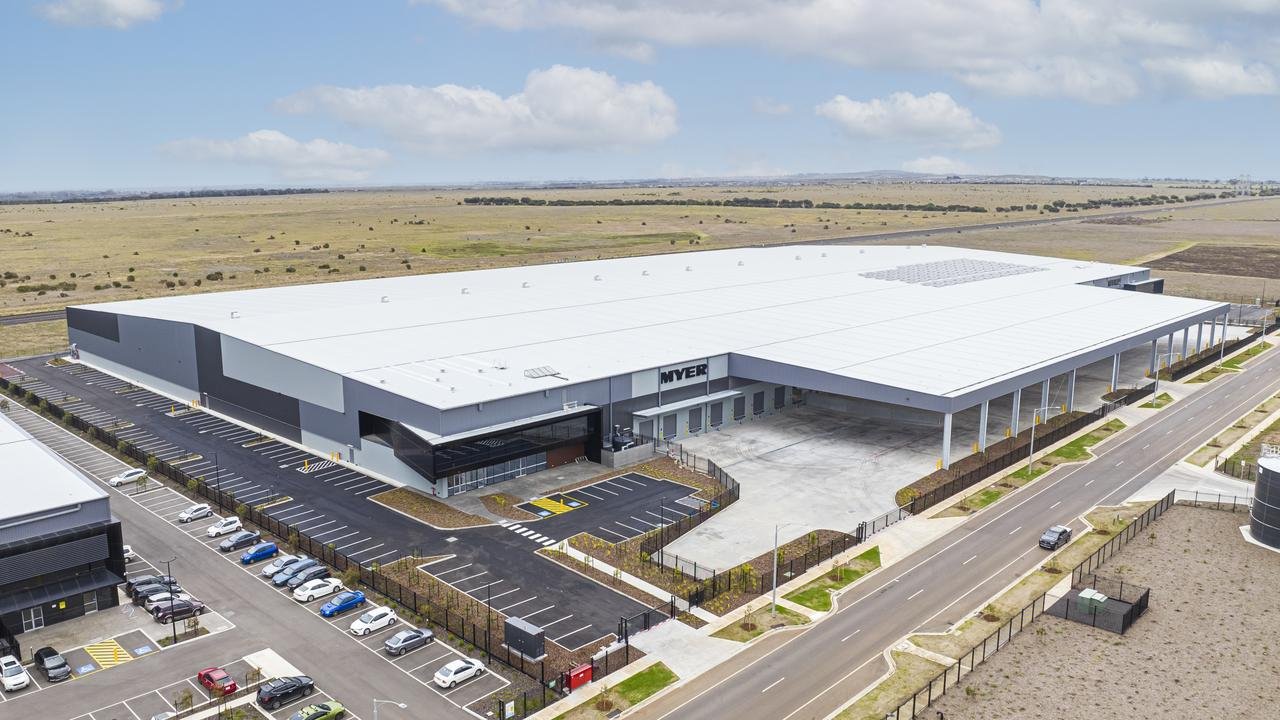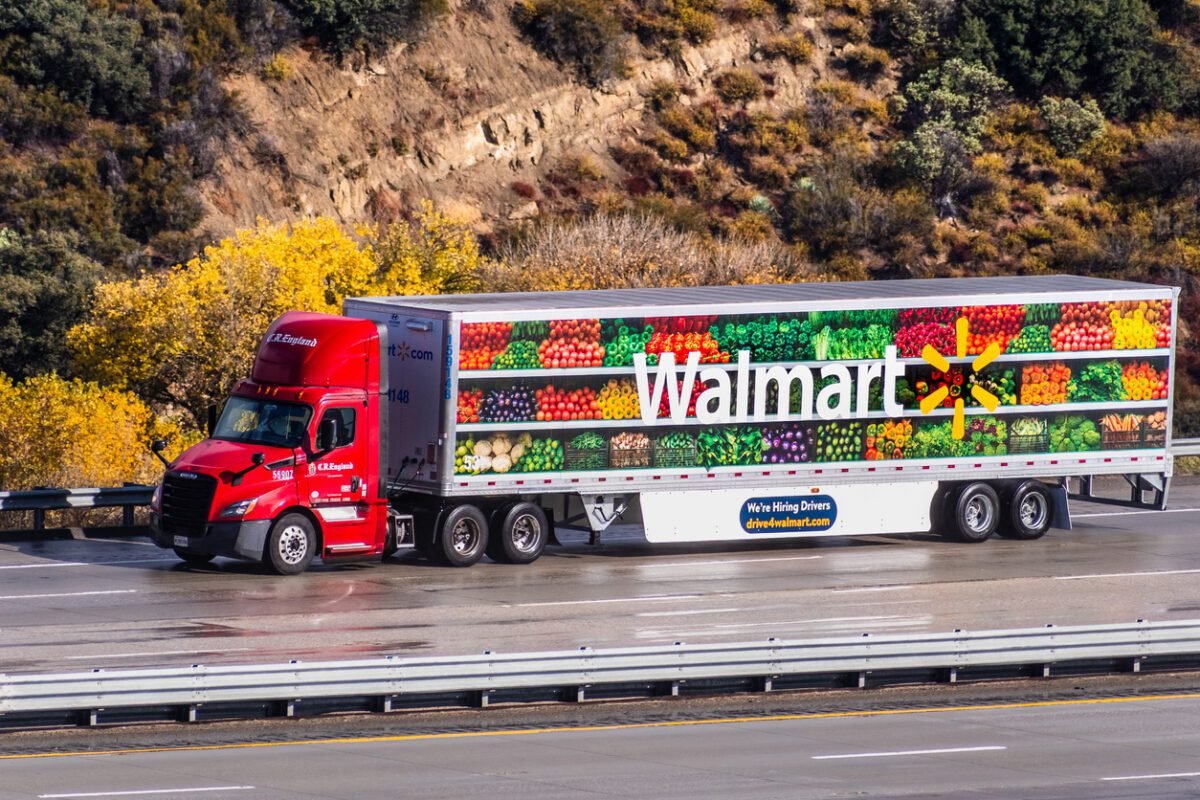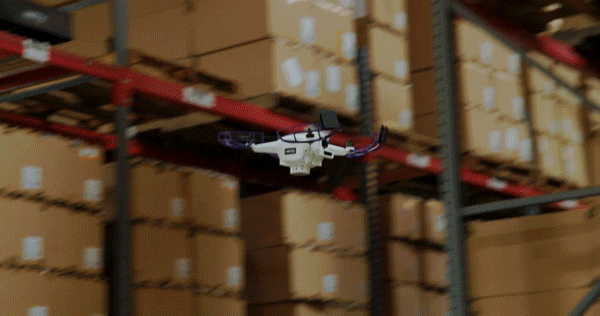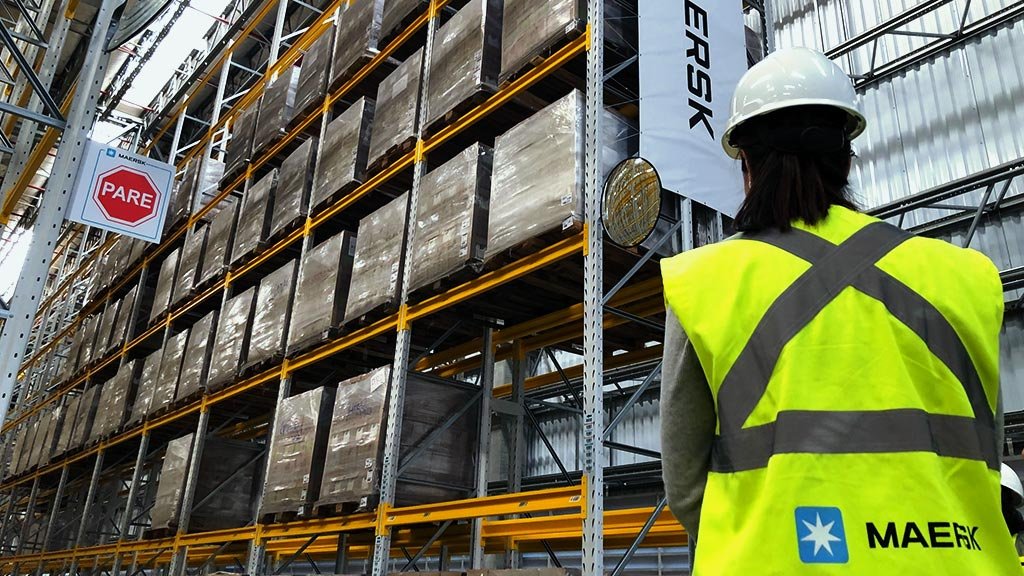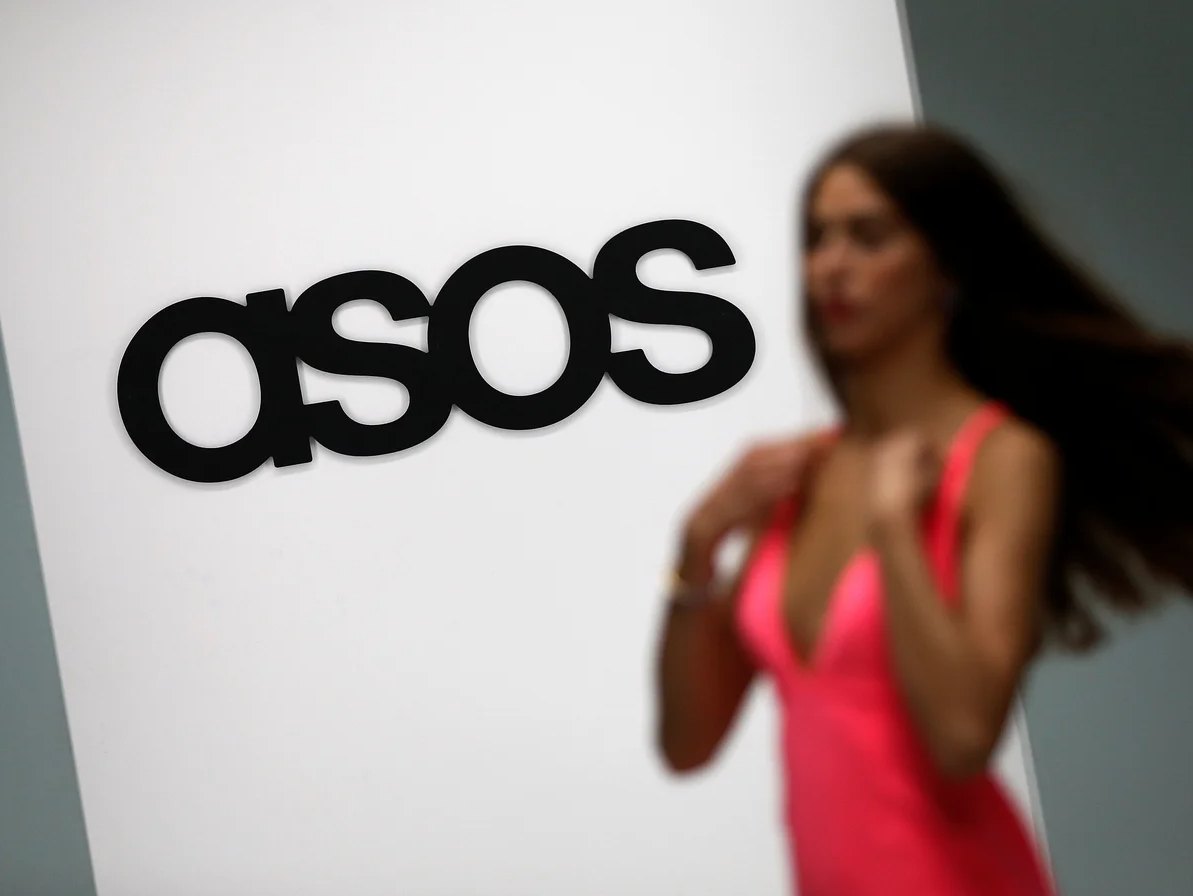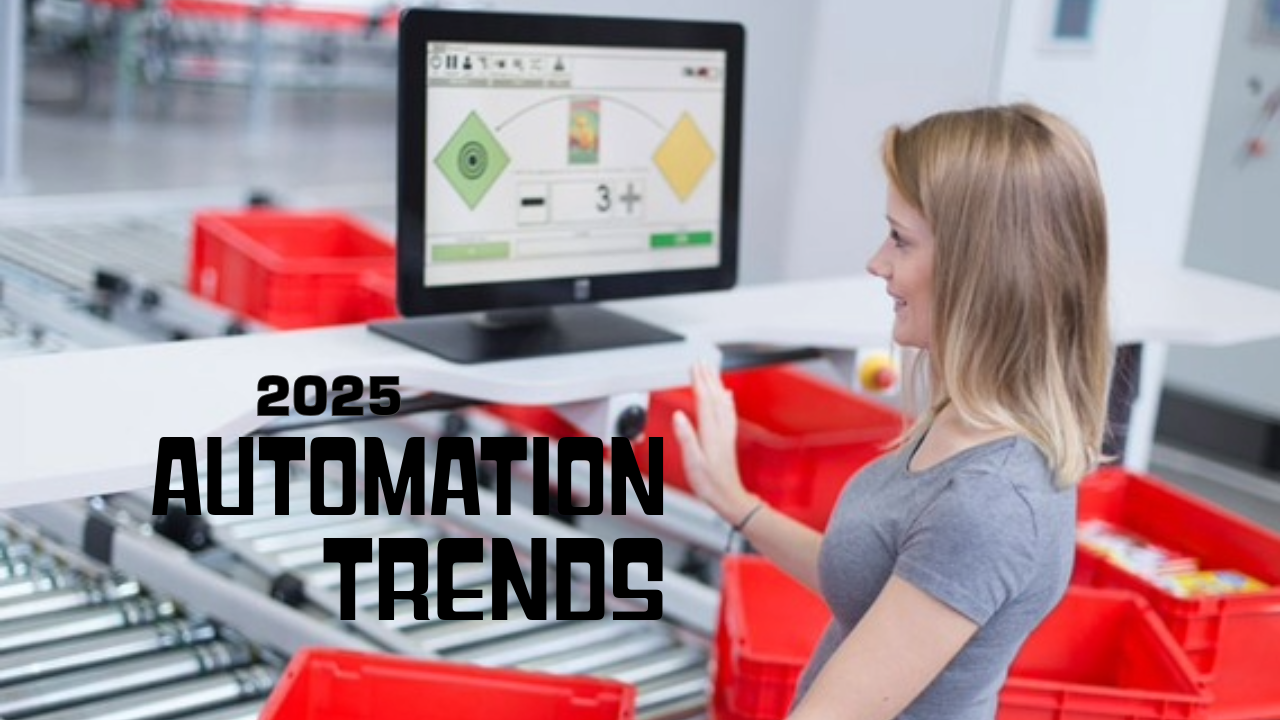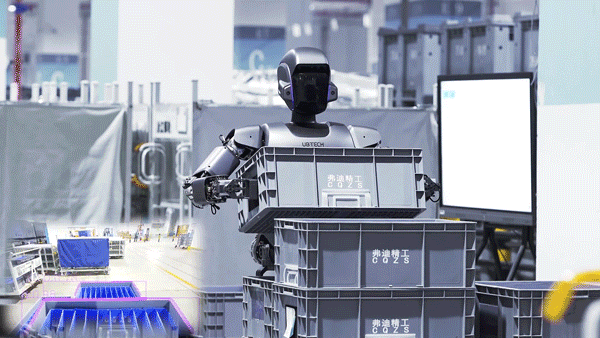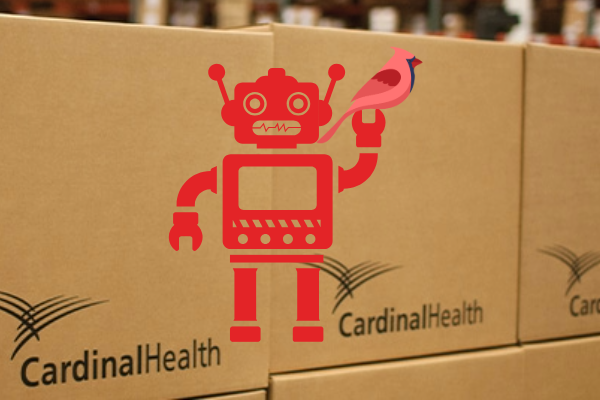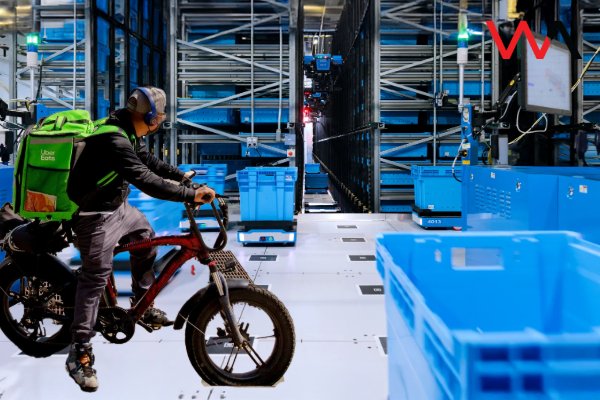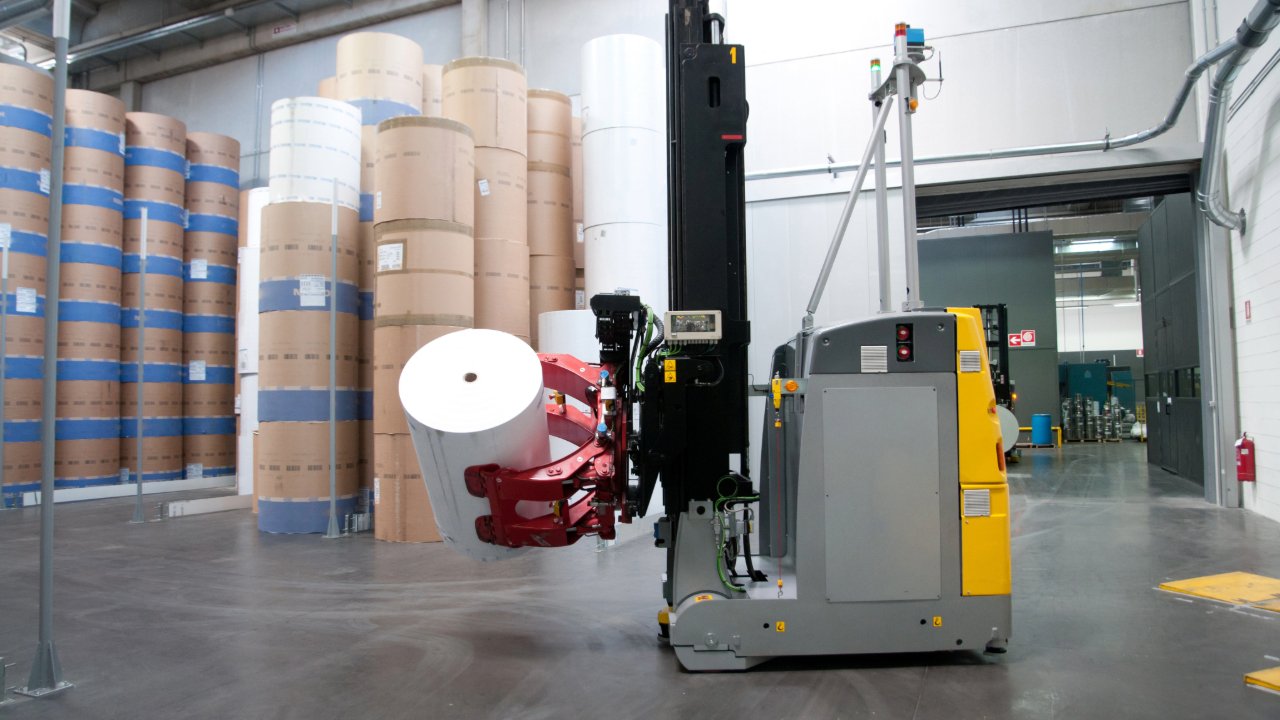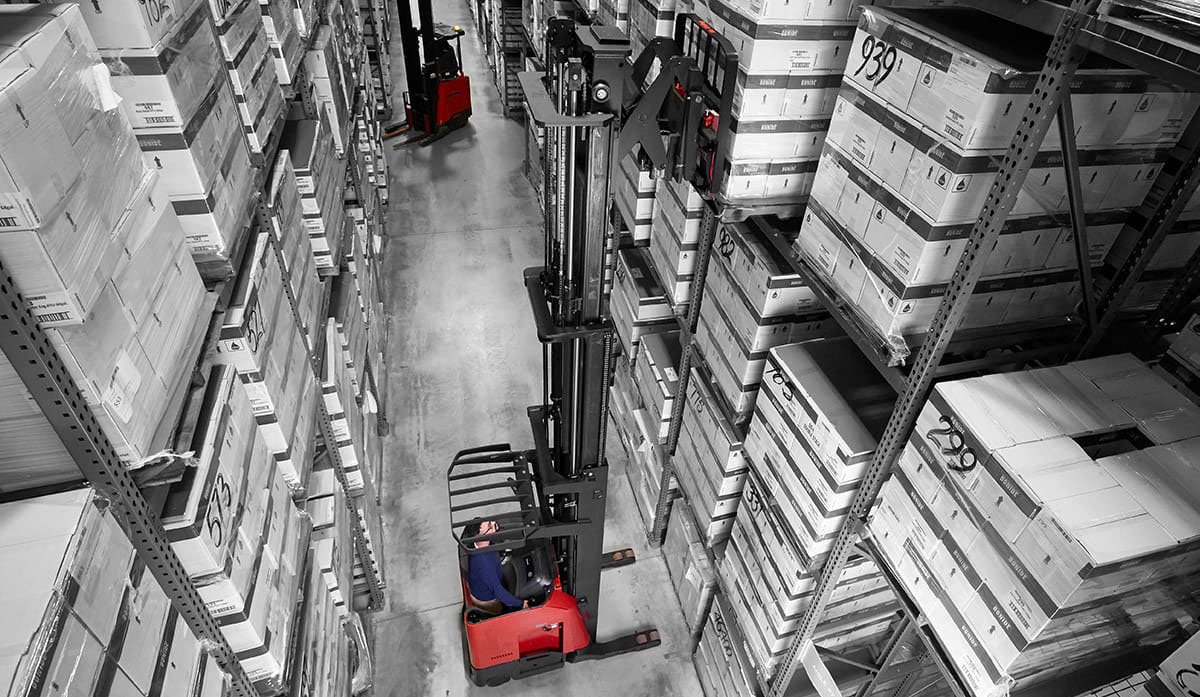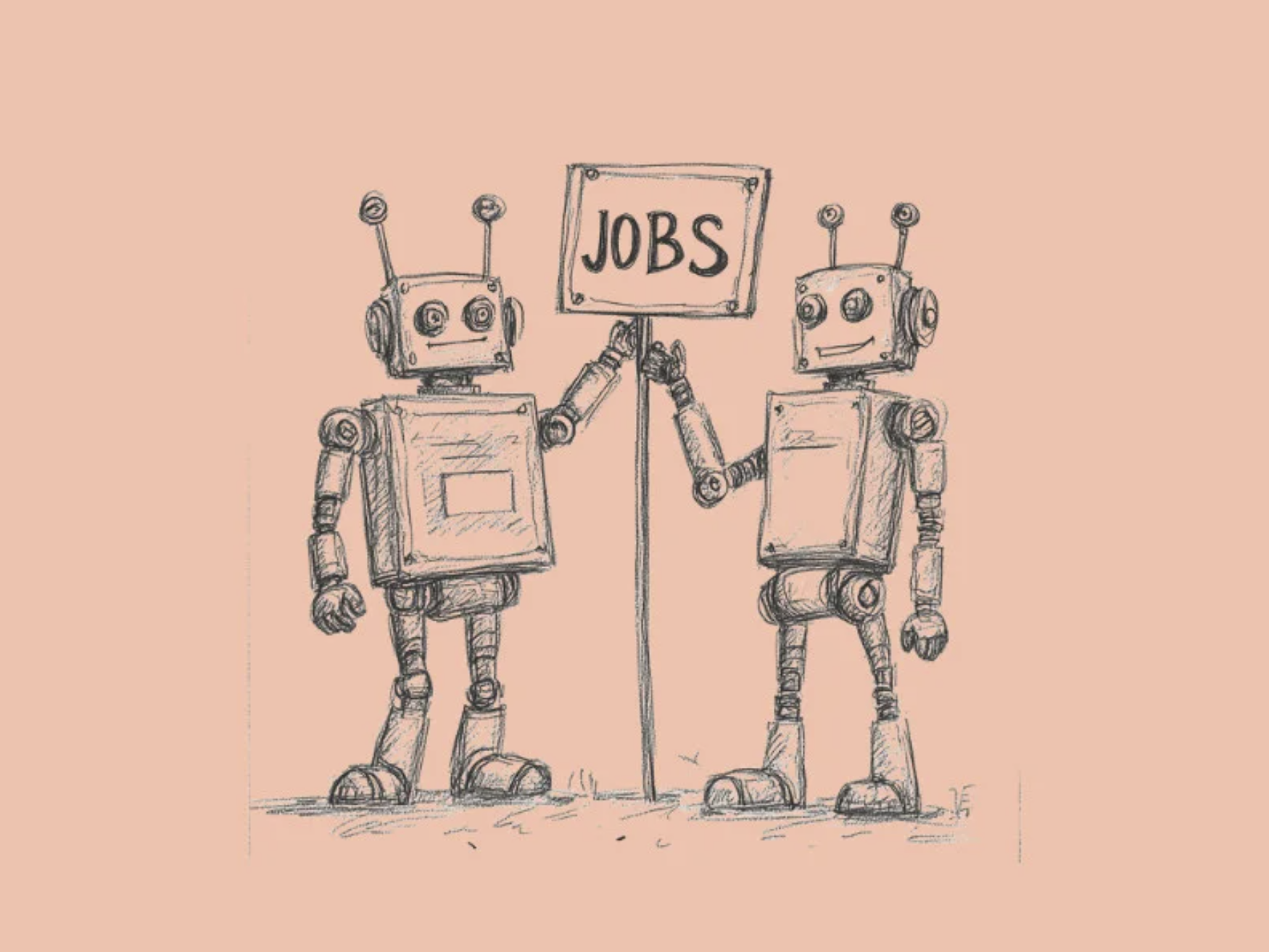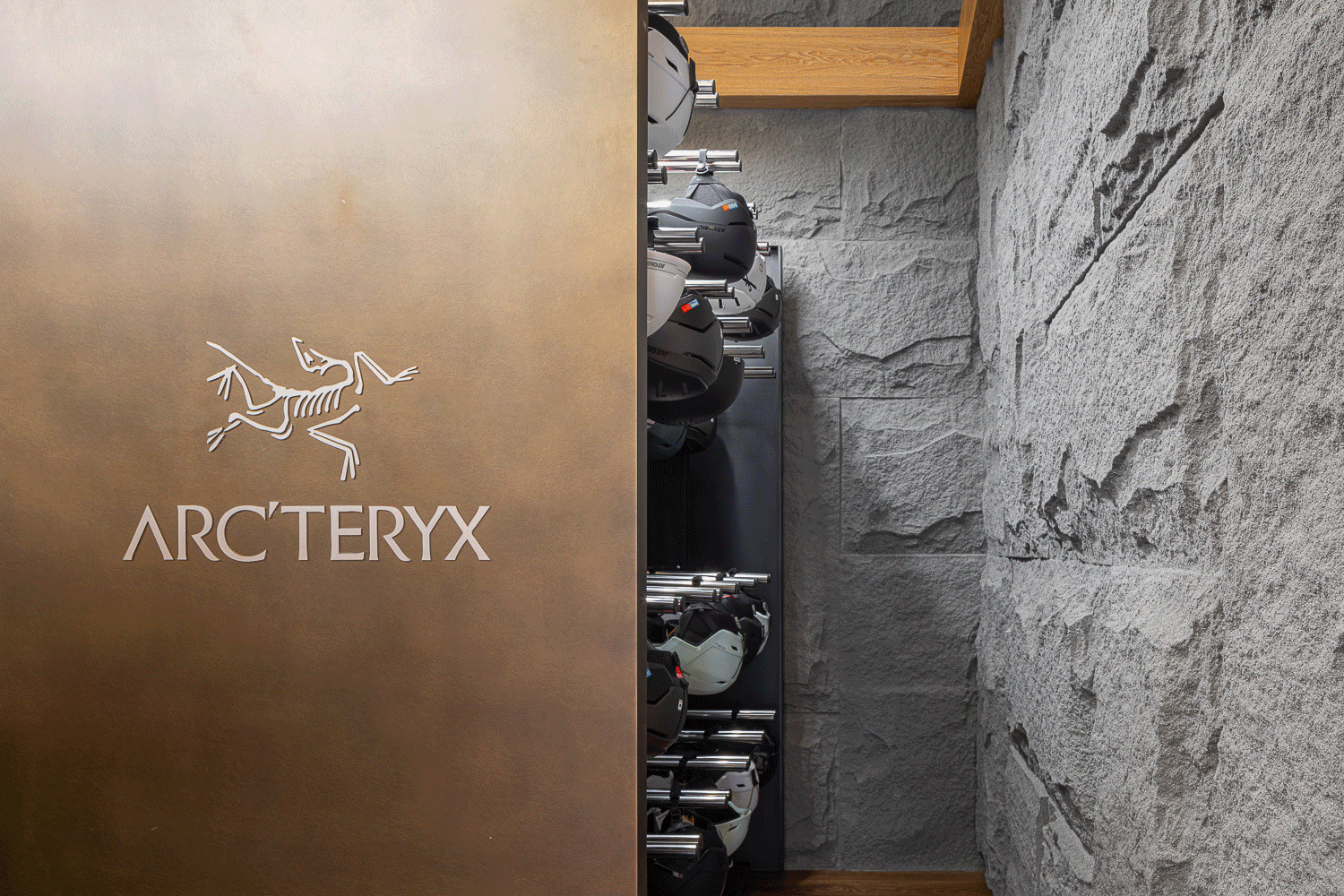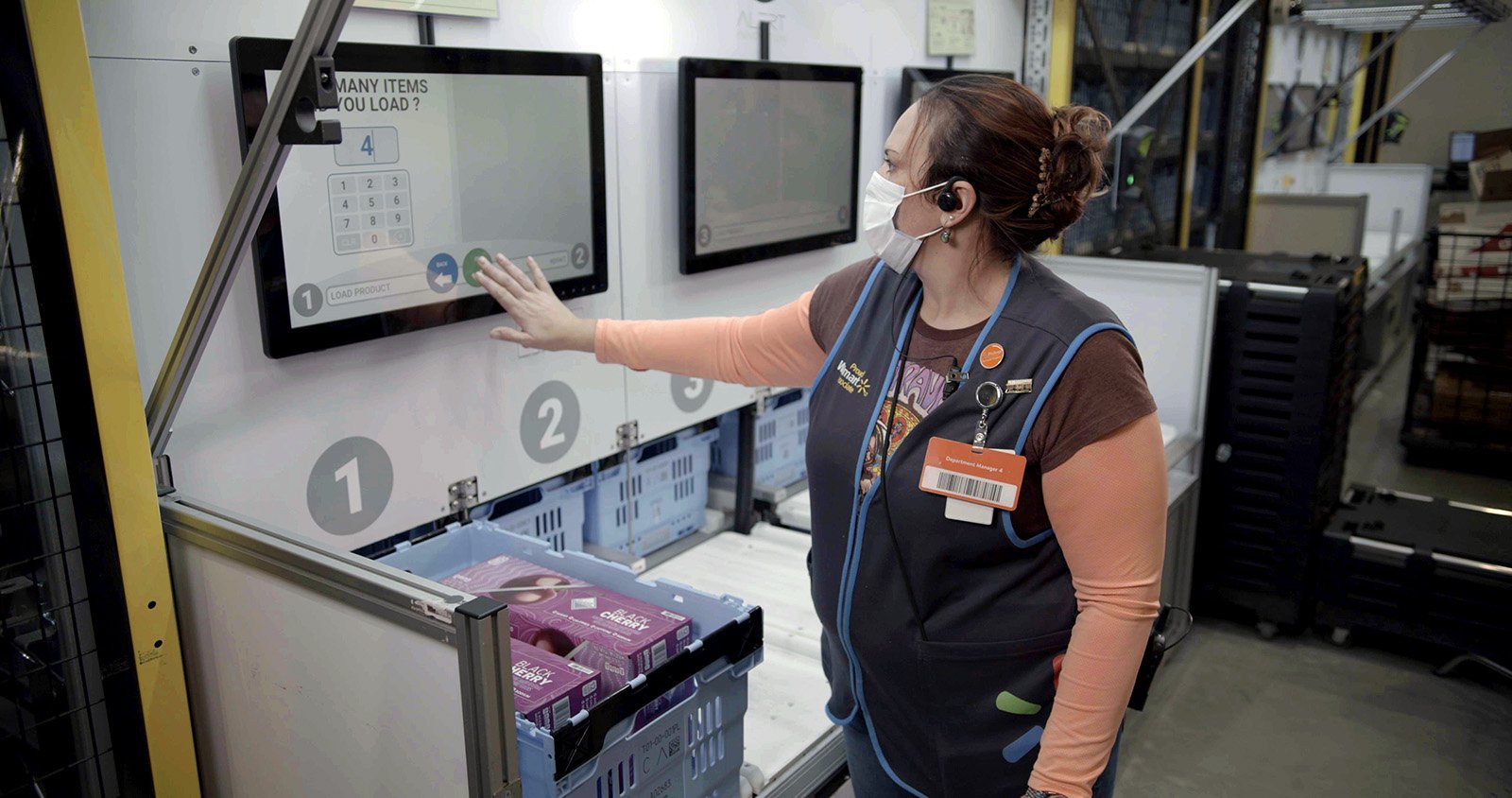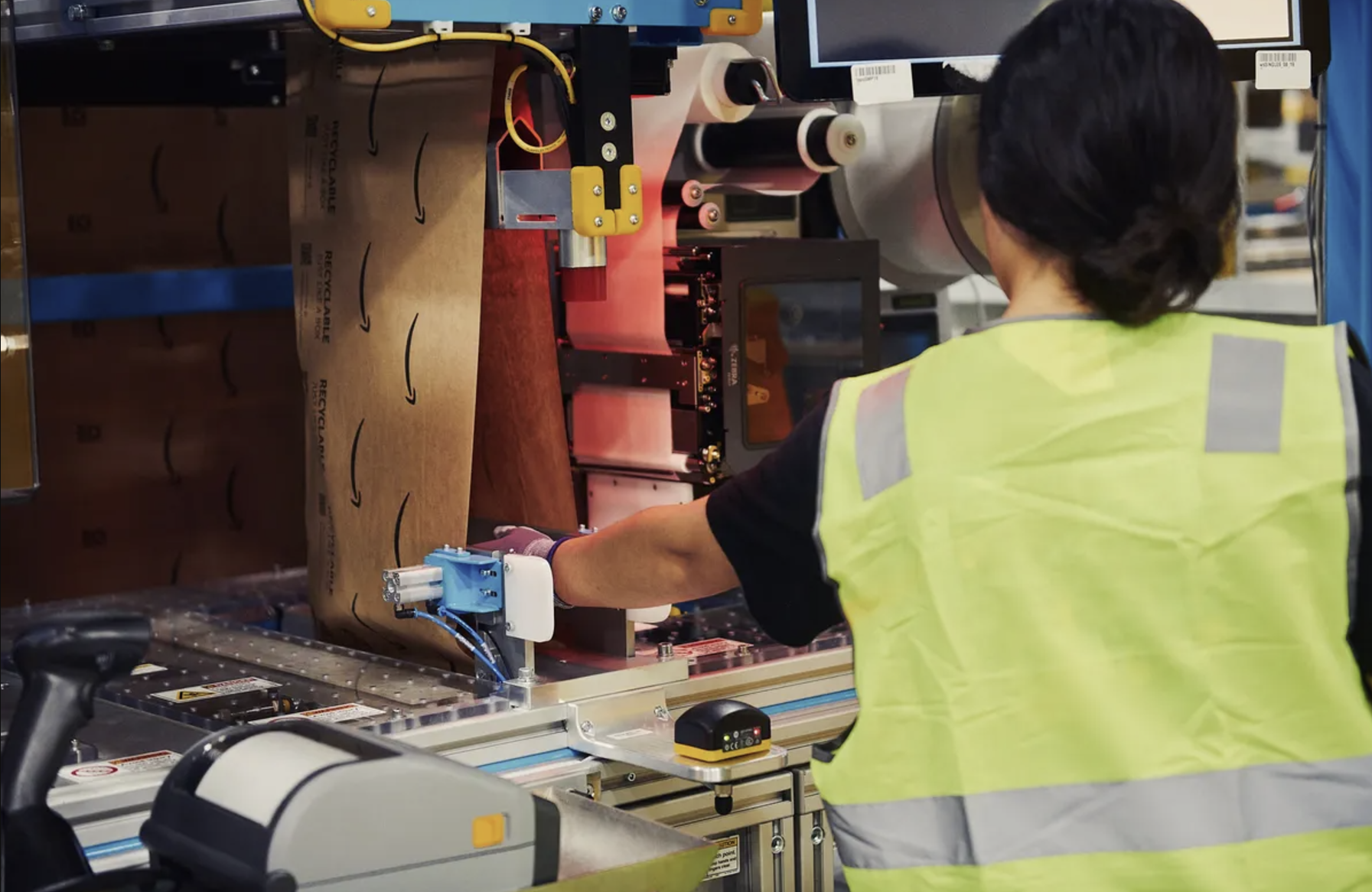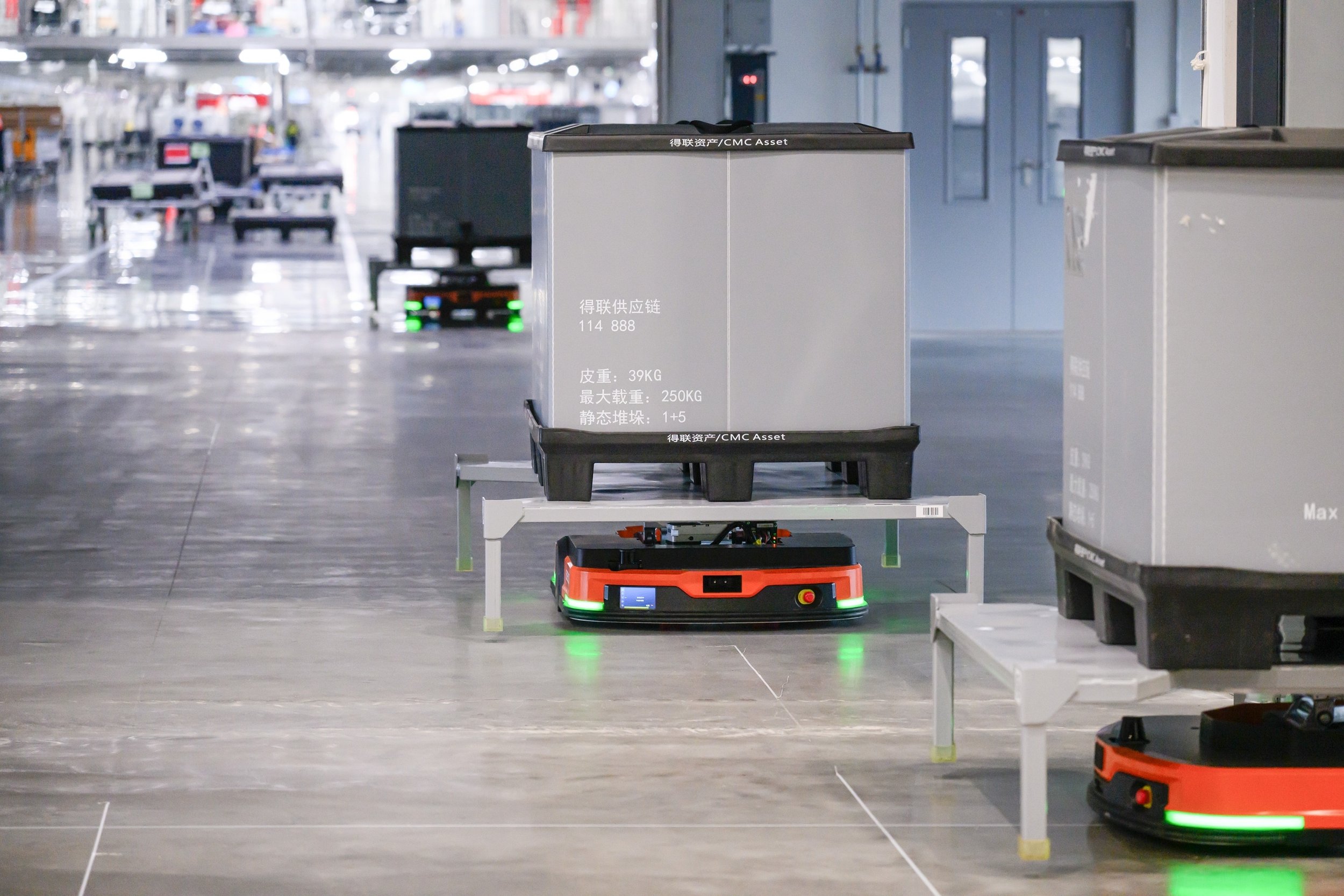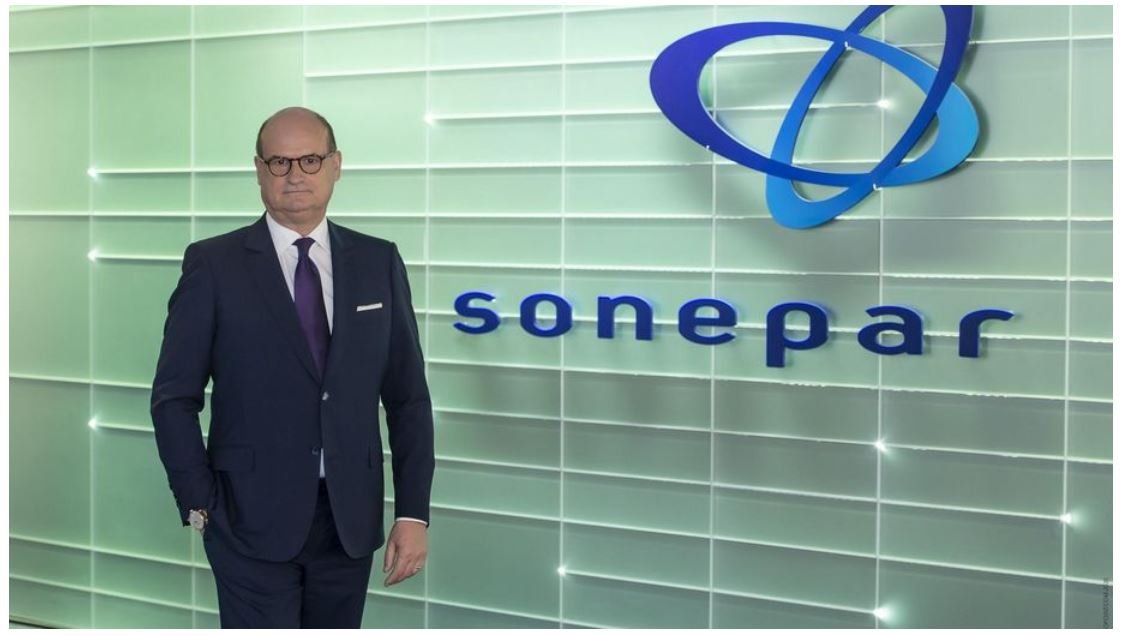Covariant AI Gets Takeover Inquiry From Amazon
(Bloomberg) -- Covariant, a maker of artificial intelligence software used in industrial robots, received recent takeover interest from Amazon.com Inc., according to people familiar with the matter.
Representatives for Amazon and Covariant declined to comment. Founded in 2017, Covariant has raised $245 million from investors including Index Ventures and Radical Ventures, and it was valued at $625 million in a 2023 funding round, according to PitchBook.
Amazon has been a leader in warehouse automation since its 2012 acquisition of Kiva Systems, which makes robots that roam vast warehouses, fetching products and helping fulfill online orders more swiftly. Covariant’s customers include online retailer Otto Group, logistics firm Radial and pharmaceutical distributor McKesson Corp., which use the company’s software in warehouses, according to its website.
Covariant’s AI-powered Robotic Transporter Putwall is designed to sort polybagged apparel, parcels, and other larger items, to automate your batch-picking operations and reduce labor-related bottlenecks.
Covariant recently announced the launch of RFM-1 (Robotics Foundation Model 1). Peter Chen, the co-founder and CEO of the UC Berkeley artificial intelligence spinout told TechCrunch the platform, “is basically a large language model (LLM), but for robot language.”
RFM-1 is the result of, among other things, a massive trove of data collected from the deployment of Covariant’s Brain AI platform. With customer consent, the startup has been building the robot equivalent of an LLM database.
Covariant Chief Executive Officer Peter Chen co-founded the company while working as an electrical engineering and computer science researcher at the University of California at Berkeley.
“The vision of RFM-1 is to power the billions of robots to come,” Chen says. “We at Covariant have already deployed lots of robots at warehouses with success. But that is not the limit of where we want to get to. We really want to power robots in manufacturing, food processing, recycling, agriculture, the service industry and even into people’s homes.”
The platform launches as more robotics firms are discussing the future of “general purpose” systems. The sudden onslaught of humanoid robotics firms like Agility, Figure, 1X and Apptronik has played a pivotal role in that conversation. The form factor is particularly suited to adaptability (much like the humans on which it’s modeled), though the robustness of on-board AI/software systems is another question entirely.
For now, Covariant’s software is largely deployed on industrial robotic arms doing a variety of familiar warehouse tasks, including jobs like bin picking. It isn’t currently deployed on humanoids, though the company is promising some level of hardware agnosticism.
“We do like a lot of the work that is happening in the more general purpose robot hardware space,” says Chen. “Coupling the intelligence inflection point with the hardware inflection point is where we will see even more explosion of robot applications. But a lot of those are not fully there yet, especially on the hardware side. It’s very hard to go beyond the staged video. How many people have interacted with a humanoid in person? That tells you the degree of maturity.”
Amazon has been examining other options to enhance its warehouse automation beyond Kiva robots. The Amazon Industrial Innovation Fund in December led a $3.2 million investment in Instock, another warehouse robotics firm. Amazon also invested in Agility Robotics Inc. in 2022 and participated in a July investment in startup Standard Bots.
At Radial, a leading B2C eCommerce fulfillment solution provider, AI Robotic putwalls increase the efficiency and reliability of their operations during demand surges and beyond. The 12 Covariant Robotic Putwalls at their Trade Port 2 facility sort health & beauty items for a world-leading retailer. At full operation, each robot averages about one hundred thousand picks per month with a throughput of 425 puts per hour (PPH). These capabilities help Radial to reduce reliance on manual labor and to fill labor gaps.
Story by By Katie Roof, Ed Ludlow, and Spencer Soper >





